|
Here it is: summer time, and the kids are ancy, not to mention the parents. Even if you homeschool year-round, summer is a perfect time to do some things a little different. Incorporating summer activities on a budget is a great way to add in some great learning opportunities that don't seem like they're educational -- even on a budget. Just a word of encouragement though--not every single activity needs to be educational--sometimes, fun is the word of the day.
This post may contain affiliate links that, when you purchase using them, provides this website with a small commission, which helps keeps us afloat. We do appreciate it. Farmstands Visiting farm stands, especially those on farms that allow pick-your-own, is a fun way to get some really good, fresh fruits and veggies. You're going to buy them at the store anyway, so why not visit a farmer or even a farmer's market and get some good, fresh foods (and support a local farmer in the process)? Gardening Speaking of food, growing your own vegetables and fruits in whatever way you can (pots on a balcony, in the yard, in raised beds) teaches kids where their food comes from and enables them to help grow it (maybe then they'd be more willing to try different vegetables). A bag of potting soil, a large pot, and a tomato plant and boom! You have home-grown tomatoes for your salad. Water play If you're blessed enough to own a pool, that's amazing. Add in some fun floats like this fun sea turtle ride-on, or these water squirters for epic pool battles, and you have a staycation in the making. If you don't have a pool, I'm right there with you. But we can still have amazing water play with this 60" inflatable unicorn sprinkler. For little kids, buckets of water, measuring cups, and a little inflatable kiddie pool will get them cooled off in no time -- and help parents stay cool by dipping their feet in the pool, too (or joining them in the pool if it's big enough!). Nature walks Nature walks in the woods (be careful of snakes!) can be relaxing and fun, and they don't cost anything. Find leaves that are interesting or explore creeks and look for turtles. There's a lot to be said about getting kids in nature and letting them explore. Staycation Often we will visit different touristy sites on vacations, but we don't visit similar places in our own city or county. Take a week or a couple days off work, grab the family, and explore touristy sites in your hometown. Museums, attractions, theaters--even bowling alleys or theme parks at our own back door can be a fun and inexpensive way to vacation at home. Plus, you're sleeping in your same bed! Staycation Deluxe To up the ante on staycations, why not check into a hotel in a nearby city for a weekend? When I was growing up, we didn't have a pool or the money to go on full-fledged vacations, so my parents would pack overnight bags and we'd go to a city about 20 miles away for a change of scenery, and to utilize the hotel pool. Subscription Boxes Subscription boxes are a great way to fight the boredoms of summer and get the kids interested in what comes in the mail. Kiwico has tinker crates for ages 9-16 that gives a new, surprising theme each month. It's a good way for kids to use those STEM skills and fight off boredom. This website, Homeschooling One Child, also has subscription boxes. Each box is curated just for your child with fun things to get their minds engaged but also have fun at the same time. Check out our sub boxes here. Movie Nights Have each member of the family choose a movie once a week to watch as a family, complete with popcorn. Bring in mattresses off a bed, and pile on the floor to watch the movie. Little changes like that can make it so much more interesting and enjoyable as a family. VBS Check out local churches' Vacation Bible Schools for your kids--there's usually one going on every week in the summertime. It's a good way to get your children engaged and around other kids while learning about Jesus (win-win!). There are a lot of summer activities you can do (making your own popscicles, for one!), like grilling out with family or friends, just relaxing outdoors, or going to a local park for a picnic and playtime. You don't have to spend a lot of money to have good, wholesome family activities. The most important thing is to be together. Blessings, Terrie (C) 2023 Terrie Bentley McKee ALL RIGHTS RESERVED
0 Comments
Buying homeschool curriculum can get expensive in a hurry. There are ways that you can purchase curriculum on a budget, however. Here are some tips and resources to show you how.
Affiliate links are used on this site. As an Amazon Associate, and affiliate of other companies as well, I earn from qualifying purchases. Read more in our disclosure. Deciding what our child needs in curriculum is the first step. Accessing scope and sequences of grades and curriculum can be done through curriculum company websites or their catalogs. Many companies, like Teaching Textbooks, offers free math placement tests so you can determine exactly what is your child's level. Apologia offers this free curriculum planning guide. The second step is determining a per-child curriculum budget. Don't be afraid to splurge on hardback, reusable books if they will be used by younger siblings. If you decide to use spiral curriculum or workbooks that are generally written in, either copy the pages or have the student write out the problems on notebook paper, leaving the workbooks free from marks. This way, younger siblings can use them (or you can sell them at either curriculum fairs or consignment shops). Curriculum Fairs / consignment shops This is where a simple search on the Internet with your town or city name comes in very handy. Search your town, with adding "homeschool curriculum fairs" or "homeschool curriculum consignment shops" in the search bar. You can gain some really good curriculum at fairs and consignment stores, but make sure you look through the books. I once paid for a science workbook that looked good for the first few pages, but then as my daughter worked through the workbook, the name "Ryland" was on every single page, and crossword puzzles were already completed. Buyer beware: just look through every page in workbooks , especially. Thrift stores You may need to go often, but you can find some bargains in thrift stores' book sections, especially if you're willing to keep an eye out for curriculum to be used later. I once found a high school economics books at a thrift store and snatched it up. Sure, my daughter's going into the seventh grade, but it's certainly something she can study as a senior in high school, and it was less than $2! Thrift stores are also good places to buy literature or living books. If you happen to find a set of encyclopedias, buy them; even though we have the Internet at our fingertips, there's something to be said about reading and using an encyclopedia for resources. Bargain stores You know the type: they're not exactly big-box stores, and they have seconds of products most of the time, but if they have a good book section, you can find some great workbooks, literature, and sometimes curriculum there. Homeschool supplies like crayons, paper, scissors, are often good deals, too. EBay We often think of Ebay as being a source for when we need a weird part for something (I'm currently in the market for a missing lid to my husband's favorite rice cooking pot). However, I have purchased many older school books for my daughter. As a homeschooler who refuses to teach Common Core, math textbooks from the early 2000s are perfect. Instead of a hundred dollars, last year I spent a little over $5 for Laura's math textbook. Be sure, in the Ebay search bar, you specify what you're searching for, such as "grade 6 math textbooks," or "grade 4 spelling textbooks." Use the link in bold above to access Ebay's math books, and you can search for other things, too. Curriculum Providers Since the summer is curriculum buying-time, you can often find some good deals on curriculum and/or shipping. Apologia is offering free shipping on orders over $150 right now. Notgrass History offers first-rate history textbooks for all grade levels plus a great deal of general homeschooling resources. One curriculum creator, Rabbit Trails Homeschool, is launching new curriculum on July 1. She is having a party inside of her Facebook group, Relaxed Homeschoolers, The Rabbit Trails Way. During this party, she will be sharing all of the new releases, there will be giveaways, sharing new freebies, and there will even have an exciting flash sale opportunity. Don't miss this -- make sure you join the group today so you won't miss it. In my own store, you can buy my newest study, Gospel Grammar, at 22% off with the coupon code Summer22 (along with everything else in my store, as the sale is storewide). Gospel Grammar is a Bible study about grammar, and a grammar study about the Bible. You can find curriculum creators on Facebook (just do a search for one you're looking for) to access deals they have going on. Amazon Amazon is not who we usually think of when it comes to homeschool curriculum, but they have a ton of curriculum available, in addition to supplies, computers, printers, and laminators.. Right now they have a lot of brand-name curriculum on sale for upwards of 20% off. Be sure to access this direct link for homeschool curriculum. Budgeting Once you have a list of subjects you want to do with your child, make a list of curriculum providers. Some providers provide all-in-one curriculum packages that include everything. A lot of that depends on your child. If your child is at grade 4 in math but grade 6 on everything else, ask the curriculum provider if you can switch out grade 6 math for grade 4, for example. Or, you can tailor-make an eclectic curriculum for your child using many different sources. Once you have a list of curriculum and/or subjects, you can use this handy homeschool curriculum budgeting tool to help you keep track of costs. Don't forget to count music lessons, sports, and other extracurricular activities in that, as they also can count for homeschool (handy info to have for attendance records!). Websites I have a number of free or low-cost websites I use a great deal in homeschooling my daughter. These websites either supplement her curriculum by way of worksheets or online games, or I use them as curriculum. I pay to use Education.com so I can utilize their word search and crossword generators for spelling. This website's annual plan is under $10 a month; paid monthly, it's $15.99 a month. I don't know about you, but $119.88 is a lot better than $191.88. I use this website every single day--and Laura loves the educational games that I can assign to her to complete. Disclosure: I am not an affiliate of Education.com. Another website I use often, that I am also not an affiliate of, is Teacherspayteachers.com. You can search for free worksheets, and have a wealth of worksheets at your disposal, or you can pay per download for more expensive worksheets, lessons, projects, and other resources. One website of which I am proud to say I am an affiliate, is SchoolhouseTeachers.com. Right now, through June 22, they are having a membership sale of less than $16 a month. Members receive a great deal of benefits, including a printed magazine, free access to hundreds of full courses and unit studies, record keeping resources, lesson plans, scope and sequence information, and a full curriculum for every grade. My daughter wants to do unit studies for science when we start back up September 1, and we're going to do that using SchoolhouseTeachers.com's incredible science unit studies. Plus, all members become automatic affiliates, so if you really like it, and share your affiliate link with your homeschooling friends and on social media, you can make some money, too. Homeschooling can be an expensive endeavor--but it doesn't have to be. With a little creativity, asking the right questions, and looking for deals, you can find curriculum to teach your child without spending a ton of money. Don't forget to search for "homeschooling" on Facebook Marketplace--you will be amazed at the deals you can find there. Happy Homeschooling! ~ Terrie (C) 2022 Terrie Bentley McKee ALL RIGHTS RESERVED
In a summer of rising fuel costs, beating boredom while you either take a break from homeschooling or have a lighter homeschooling load can become a very expensive proposition. Here are some fun, budget-friendly summer activities for homeschoolers.
This post may contain affiliate links. When you purchase using these links, I receive a small commission that helps provide for this website and homeschool ministry. Thank you for your support. Backyard Campout Gather your tent, bedding, snacks, flashlights, fire pit, s'more making materials, and pitch your tent in your own back yard for a campout. Share stories from your childhood with your kids, eat s'mores, sit around a campfire, and either sleep outside or stay out really late and sleep inside. Either way, you're making memories with your children--memories they will always remember. Catch Fireflies Arm all your kiddos with mason jars, with holes punctured in the lids, or this cute bug jar, and let them catch fireflies outside. Encourage your kids' innate thirst for learning with this free science lesson about fireflies from Rabbit Trails Homeschool. This free lesson on fireflies is a favorite among Rabbit Trails users. Learn all about fireflies with amazing books, create your very own firefly that glows, and have some amazing summer fun learning together! Be sure to check out other incredible lessons Rabbit Trails Homeschool has to offer--my daughter loves them! Water Play In the hot days of summer, nothing is more refreshing than water play. If you have access to your own pool, add a bunch of pool noodles and floats to have a great time (keep all those toys corralled when you're not using them with this pool toy storage and equipment holder. This holder can also be used to keep pool and outside toys organized when not in use if you go to a neighborhood pool, too. If you're like me, and don't have access to a neighborhood pool, most cities and towns have community pools that, for a small fee, Pools are not a requirement for water play, though. You can get an elaborate sprinkler like thisginormous, inflatable dinosaur one that stands six feet tall (!!!) or hook up a simple garden sprinkler to a water hose like this one, and let your kids jump through the water. If you live in an apartment with a patio or balcony, set out a pot of water on a towel on the patio or balcony, add measuring cups or plastic bowls, and let your child pour and splash to his or her heart's content. Reading On days when it's really hot outside, and you just don't want to spend the gas money going to the library, grab some books that haven't been read yet, or in a while, from your own book shelves. Encourage your child to turn off the screens and explore other places using the magic of books. Use this fun, summer-themed log to keep track of reading times, and when all the popsicles are colored in, let your child pick out a movie or a board game to play--or another book to read! Family Game Nights One of our family's favorite activities is playing board or card games together. The cool thing about games is that they're great learning tools--and the child doesn't even know he or she is learning! Our favorite board game, "Empire Builder," is incredibly hard to find, these days, sadly, but the closest thing to it is called "Empire Express." In this game, for 12 years old and up, players create competing railroad empires by drawing railroad tracks with crayons upon an erasable board. A player wins by utilizing a network of rail lines to acquire and deliver goods efficiently to accumulate the largest personal fortune. We've found, though, that wet erase markers instead of crayons work best. Other games that are favorites in our house are "Clue," "Settlers of Catan," and playing gin rummy with a standard deck of cards. There are so manyversions of "Clue" that there's something for everyone. Other favorites are "Hi Ho! Cherry-O," "Candy Land," and "Twister." Any games you have in your house are good games to play--the important thing is to play them and enjoy each other's company. Neighborhood or Nature Walks It's often too hot in the heat of the day to go for walks, but in the early morning, it's a great time to simply go for family walks either in the neighborhood or for nature walks in the woods (stay on paths so you can be careful of snakes). Later in the evening is also a good time to go for walks. Don't just walk, though--use the time to talk, catch fireflies, pick up interesting rocks, and chat with neighbors. If you take your dog on a walk during the afternoon or early evening, please be aware that the pavement can be blistering hot to a dog's paws. If the temperature outside is 85 degrees, asphalt in the sun can reach over 140 degrees! Protect your pup's feet with these dog boots for hot pavement. Family walks cost nothing, but they often encourage the best talks, and have incredible learning opportunities. Sandcastles Sandboxes are easy to make: buy a simple kiddie pool and add play sand. Cover it with a small tarp, held down with boards, bricks, or even logs from the firepit stash at night to prevent rain from dampening it or cats from using it as a litter box. Using various sizes of plastic food containers from either the cabinet or the recycling bin, and a small container of water, your child can create the most incredible sandcastles. Yes, you can purchase more elaborate sandcastle forms that kids (and adults!) alike would get a lot of enjoyment from as they build turrets, bricks, towers, and other castle structures, but you really don't need to. You can also make a sandbox by using a small tent add play sand on the inside of it. With the rain fly attached and it zipped up, there's very little chance of the sand being spoiled by rain, insects, or cats. Forts My daughter loves building indoor forts. Utilizing sheets or blankets, cover a dining room table with them and drape it over the side. Let the child design it to his or her heart's content. Add a thick quilt on the floor and a pillow, a flashlight, and some books, you may even catch your child reading in the fort--or even taking a nap. Forts can be as simple or as elaborate as your home or sanity will allow. Catch a Game Many communities have either church or neighborhood baseball or softball leagues that play in parks. You don't have to spend money to see a good game with pro baseball when you have games happening in nearby parks. Some parks even have concession stands; if they don't, make sure you pack a cooler with drinks and snacks. There are many fun, budget-friendly activities you can do in the summer and continue to learn, as learning doesn't just happen at a desk or in a book. Explore your own county and check out places that you don't normally visit, like off-the-beaten path antique stores, county museums that may not have websites (so you wouldn't know about them in your field trip planning), or use the time to tackle some projects around the house as a family. Most of all, have fun! - Terrie (C) 2022 Terrie Bentley McKee ALL RIGHTS RESERVED
Buying homeschool curriculum can be an extremely expensive endeavor--complete, in-the-box, grade kits, or various textbooks for various children. Even if you're homeschooling one child, purchasing year-long curriculum can shrink the bank account.
My husband is the main provider of our family, so we're basically on one income while homeschooling our daughter. We have learned a number of ways to acquire homeschool curriculum on a budget, including shopping at thrift and consignment stores, online, and other ways. This post may have affiliate links. These links direct you to products and publishers that have helped me in my homeschooling journey. When you click on and purchase something using these links, I receive a small commission at no charge to you. Thank you for your support. Homeschool Coupon Book Spring Group Giveaway Who doesn't need a bit of PayPal Cash and Homeschool Supplies? A group of bloggers has come together to offer a $220 value giveaway. The winner will receive PayPal cash to spend on Homeschool Needs and Homeschool Supplies that anyone will enjoy in their homeschool. We are choosing the supplies we love best or wish we had!! It's going to be a surprise you don't want to miss out on!! If you enter this giveaway, you will be added to the following email lists: Jus Classical, Peace Creek on the Prairie, Townsend House, BJs Homeschool, The Art Kit, Homeschool Coupon Book, Grapevine Studies, Jen Dodrill History, Brookdale House, and Homeschooling One Child. Enter below! Thrift Stores Where I live, we have a number of thrift stores such as those that support ministries like the Salvation Army and Habitat ReStores, that support Habitat for Humanity. These thrift stores vary greatly depending upon store, management, and locale, however, if they sell books, you stand a very good chance of finding quality (albeit used) curriculum. They may not be the newest publications, but usually with things like grammar, mathematics, literature, and Bible, it's okay. With math, unless you want to go the Common Core route, it's best to have older textbooks. Inventory is never predictable, and you almost have to go weekly to look at what they received in donations and put out to sell on the floor at any given time. At my local thrift stores, I have found LifePacs Bible curriculum, complete, for eighth grade (which I bought and put in my "future curriculum" tubby (that would be a suggestion, for you, too). I have also found a government / civics textbook that, although old (2008), the basic foundation of government is addressed in detail with questions to answer. That went into the future curriculum tubby for ninth grade. I have found living books that covered our study of Ancient History this year, and other living books and resources for our study of Human Anatomy and Physiology for next year. I have found literature textbooks and literature reading books (we're going to study literature next year after three years of grammar). Now, at these thrift stores, no book was over $2. At one thrift store, they were having a Bag of Books for 5 Bucks sale, so I stuffed that bag full of textbooks, readers, resources, you name it. Consignment Stores If you live in an area, like I do, that is blessed with a homeschool consignment store, I'd use homeschool curriculum catalogs to decide what subjects I want from what homeschool publishers, and I'd head to my homeschool consignment store with a list in hand. Even if a curriculum is not the newest publication, it still has relevant information. You can always supplement with newer material you find on the Internet. I have saved hundreds of dollars by utilizing both my local homeschool consignment store and consignment sales that happen in the community that offer books and homeschool material. When I bought Laura's 5th grade curriculum (a hodge-podge of different publishers because we're a Charlotte Mason / eclectic / traditional homeschool), I bought over $900 worth of resources for $74. No kidding. And much of it we will reuse, with harder supplemental material for later grades. If your local library has a Book Sale, absolutely attend that (bring a box or large bag for your acquisitions). Any non-fiction book that covers history or science (be mindful it aligns with your worldview) can be a textbook: read the chapter you want your child to read, and write out questions to be answered. Or, like I do with my daughter: she reads a section, and I ask her to write out what we call "Five Facts." These Five Facts are used for her to study and are written on the unit test. Again, inventory is wildly varied, but if you can find copies of well-known literature books, there are certainly worksheets to be found on the Internet for that book. Or, have your children write book reports on them. Library While we're on the topic of libraries, you can teach all subjects with just your library card. From preschoolers and kindergartners where you're reading to them, introducing letters and numbers, and allowing them to learn via play, to elementary school and beyond -- if you have no budget for an actual, store-bought homeschool curriculum, use the library. From literature to grammar, science to history, and everything in between, you and your child can read a book together, then create or print worksheets off the Internet, or develop projects or written reports. EBay I have a confession: I refuse to teach my daughter Common Core math, so I purchase older (early 2000s, before Common Core came into fashion) actual math textbooks, in which she uses spiral notebooks to work the problems. I go over the lessons with her, we do some problems together, then she does a section of problems herself. It works, and it has saved me a ton of money on math curriculum. Last year I also bought her science book this way and it went well, too (this year she wanted to learn astronomy). I just purchased her math book for next year. Yes, it's older and a little beat up, but it was less than $6. For someone who will be buying a whole year's worth of curriculum on a tiny budget, I really love spending $6 for a math book. To explore homeschool curriculum on Ebay, or other textbooks, just click here. Online An Internet search of "free online homeschool curriculum" can give you a list of many free online programs, and many families base their entire homeschool on those programs. If you have a Pinterest account, you can use that as a search engine for worksheets on many subjects, and therefore develop a curriculum that meets your budget. There are many homeschooling bloggers who create worksheet printables, curriculum, unit studies, and workbooks who are affordable -- and you're supporting a family, as opposed to a corporation. I've developed a list here for your perusal. I encourage you to check out this extensive list of curriculum, resources, conferences -- all to help you in your homeschooling journey. There are a few websites I use often (but am not an affiliate) in my own homeschool that, truth be told, I'd be lost without. Teachers Pay Teachers,Education.com, and Help Teaching all offer quality worksheets, projects, and unit studies for a wide variety of grades. Help Teaching in particular has a databank of testing questions so you can create comprehension tests on a wide variety of subjects and materials. The most important consideration, besides budget, of a curriculum is to make sure it works -- for your child, and you. We once tried a curriculum that frustrated both my daughter and myself, so we ditched it and found something else. Honestly, it's really difficult to do that when you've paid hundreds of dollars for something. Yes, I would love to be able to afford an entire, boxed curriculum but that's not for us in this season. I encourage you to check out the resources in bold above and find what works best for your child and you. That is, ultimately, one of the best benefits of homeschooling -- the parents and children get to determine what they learn, how they learn it, and from where they learn it. And you get to set the budget. Subscribers to Homeschooling One Child's email newsletter receive a free, homeschool budget planner! To receive your planner, and a wealth of other tips, deals, coupons, and subscriber-only info in the email newsletter, simply subscribe here. Happy Homeschooling! Terrie (C) 2021 Terrie Bentley McKee ALL RIGHTS RESERVED $200 Value Homeschool GiveawayWho doesn't need a bit of PayPal Cash and Homeschool Supplies? A group of bloggers has come together to offer a $220 value giveaway. The winner will receive PayPal cash to spend on Homeschool Needs and Homeschool Supplies that anyone will enjoy in their homeschool. We are choosing the supplies we love best or wish we had!! It's going to be a surprise you don't want to miss out on!! If you enter this giveaway, you will be added to the following email lists: Jus Classical, Peace Creek on the Prairie, Townsend House, BJs Homeschool, The Art Kit, Homeschool Coupon Book, Grapevine Studies, Jen Dodrill History, Brookdale House, and Homeschooling One Child.Enter Below!!a Rafflecopter giveaway |
AuthorTerrie Bentley McKee is an author and speaker who homeschools her youngest daughter. Married to her husband Greg, they have four children, all of whom have special needs of varying degrees. Terrie is a follower of Jesus Christ and tries to glorify God in all she does. To read more about her testimony, click here. Affiliate LinksHomeschooling One Child is a participant in the Amazon Services LLC Associates Program, an affiliate advertising program designed to provide a means for sites to earn advertising fees by advertising and linking to amazon.com. Check out our YouTube channel!Check out our podcast!Please pin!Archives
January 2024
Categories
All
|
- Home
- Blog
- Podcast
-
Resources
- Teach What is Good Devotional
-
Convention Resources
>
- Homeschooling a Teen with Autism
- Tips on Creating a Disability-Inclusive Church
- How to Teach Your Exceptional Child about Faith
- Homeschooling Preschoolers with Autism
- How to Pick Developmentally Appropriate Curriculum for your Autistic Child
- Overwhelmed
- Homeschooling One Child
- Life Skills Chickens
- Strategies on Homeschooling Kids with Special Needs
- About Us >
- Vlog
- Homeschooling News
- Printables
- Special Needs
- Curriculum
- Encouragement
- Home Management >
- History
- Science
- 25 Days of Advent
- Courses
- Store
(C) 2023 Terrie Bentley McKee ALL RIGHTS RESERVED
- Home
- Blog
- Podcast
-
Resources
- Teach What is Good Devotional
-
Convention Resources
>
- Homeschooling a Teen with Autism
- Tips on Creating a Disability-Inclusive Church
- How to Teach Your Exceptional Child about Faith
- Homeschooling Preschoolers with Autism
- How to Pick Developmentally Appropriate Curriculum for your Autistic Child
- Overwhelmed
- Homeschooling One Child
- Life Skills Chickens
- Strategies on Homeschooling Kids with Special Needs
- About Us >
- Vlog
- Homeschooling News
- Printables
- Special Needs
- Curriculum
- Encouragement
- Home Management >
- History
- Science
- 25 Days of Advent
- Courses
- Store
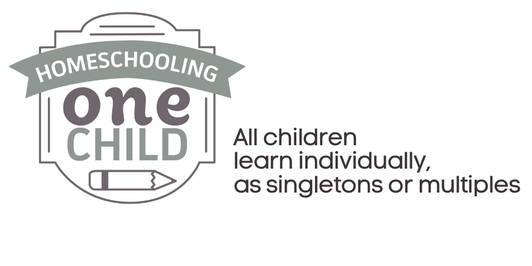

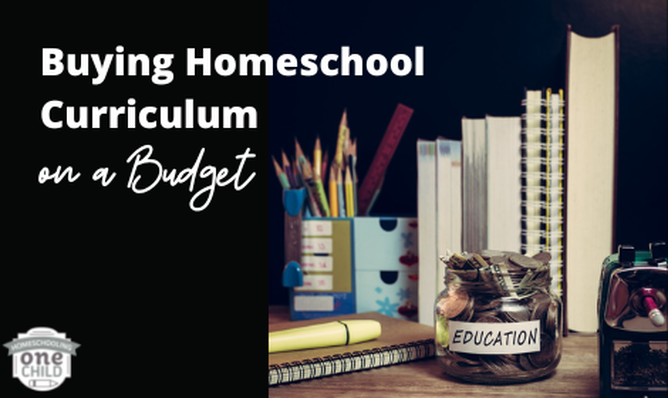


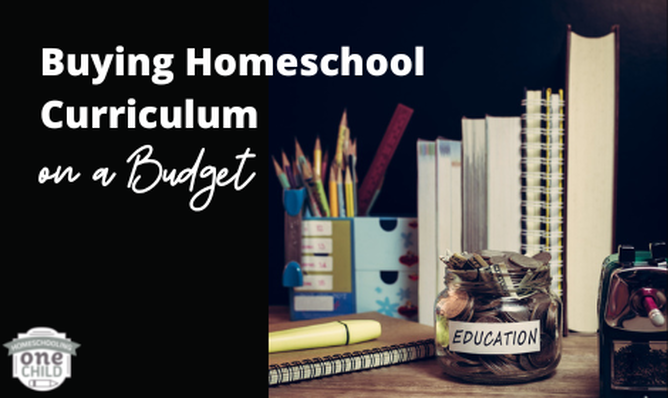

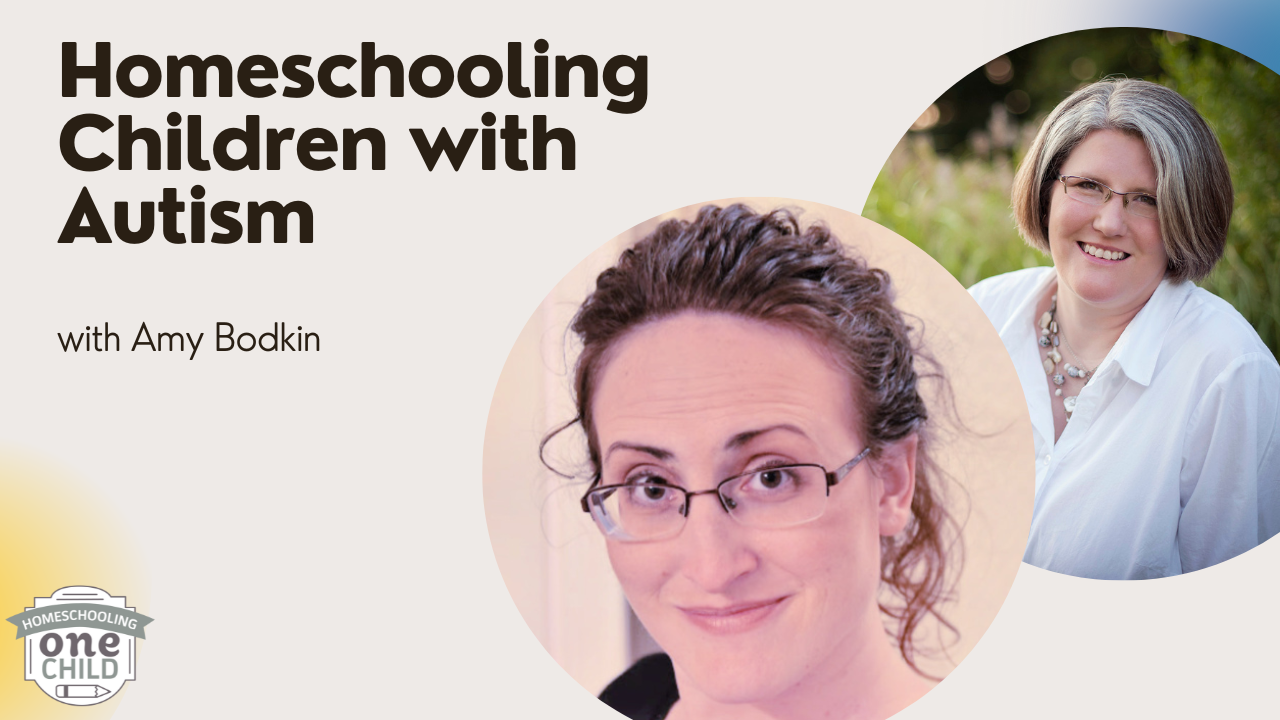


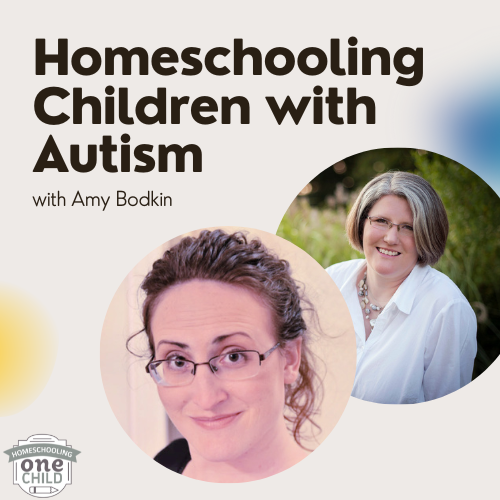
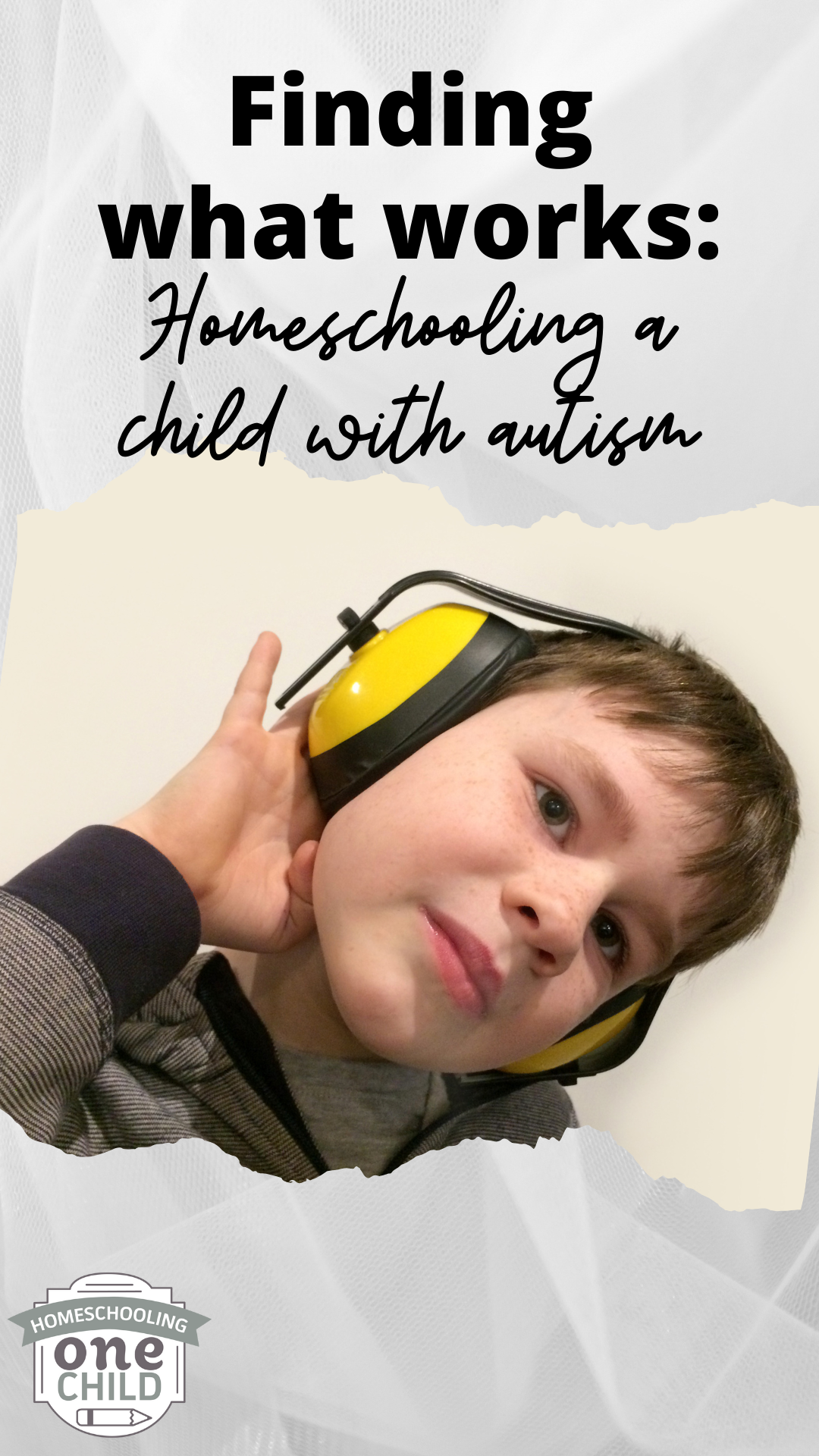
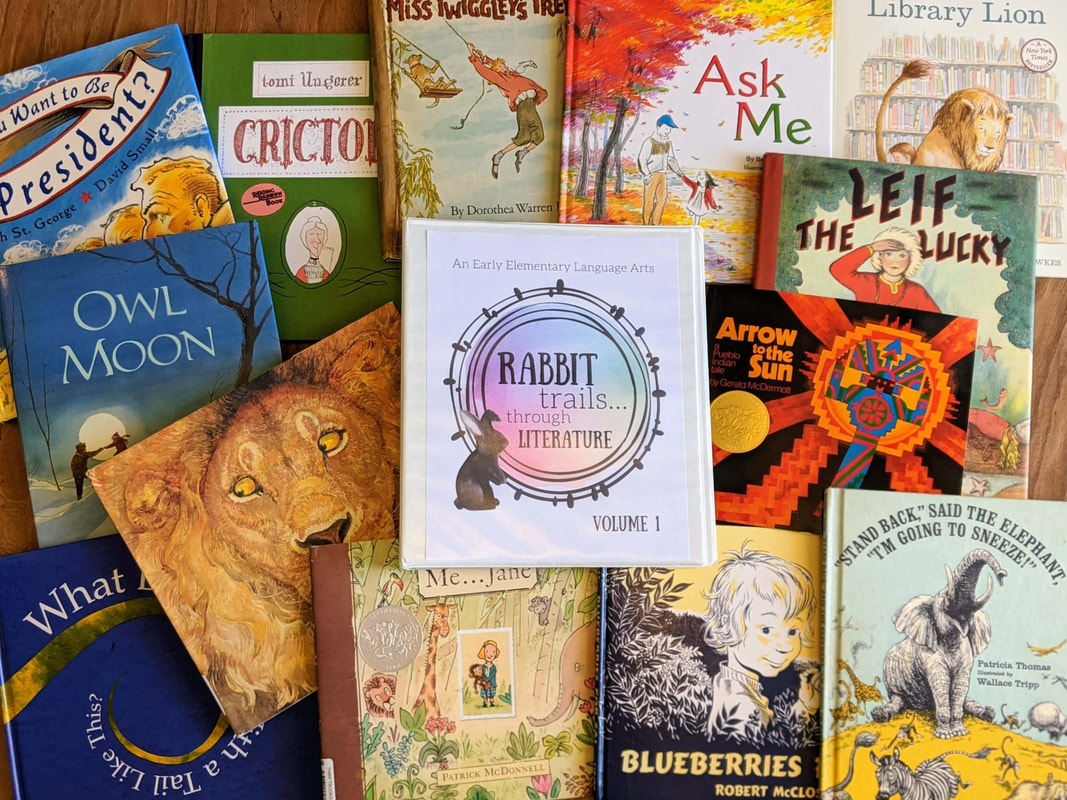
 RSS Feed
RSS Feed
